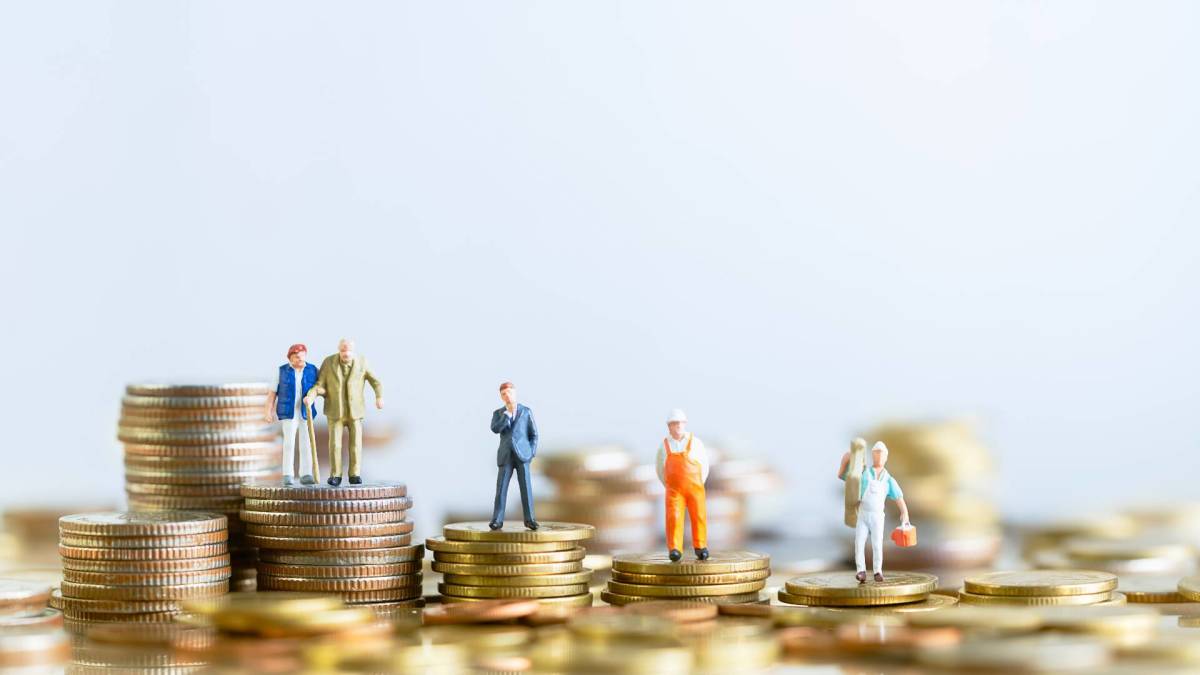
Many people are scared by the growth of authoritarianism worldwide in recent years -- from the U.S. to Hungary. So why are the new autocrats so popular?
“[One] explanation that stands out is the growth of inequality, a problem stemming from modern neoliberal capitalism,” the Nobel laureate economist Joseph Stiglitz wrote in Project Syndicate, providing the progressive point of view.
That inequality ties in many ways to the “erosion of democracy,” the Columbia University professor says. “Economic inequality inevitably leads to political inequality. ... In the U.S., which has virtually no constraints on campaign contributions, ‘one person, one vote’ has morphed into ‘one dollar, one vote.’”
A negative cycle is at work, as political inequality is “self-reinforcing, leading to policies that further entrench economic inequality,” Stiglitz said.
“Tax policies favor the rich, the education system favors the already privileged, and inadequately designed and enforced antitrust regulation tends to give corporations free rein to amass and exploit market power.”
The media are part of the problem, Stiglitz said. Because the media are “dominated by private companies owned by plutocrats like Rupert Murdoch [leader of the Fox TV empire], much of the mainstream discourse tends to entrench the same trends.”
Misinformation Campaign?
Those who follow the news “have long been told that taxing the rich harms economic growth, that inheritance taxes are levies on death, and so forth,” Stiglitz said.
“More recently, traditional media controlled by the super-rich have been joined by social-media companies controlled by the super-rich, except that the latter are even less constrained in spreading misinformation.”
So “in this context of capitalism without accountability, should we be surprised that so many people view the growing concentration of wealth with suspicion, or that they believe the system is rigged?” Stiglitz asked rhetorically.
“The pervasive feeling that democracy has delivered unfair outcomes has undermined confidence in democracy and led some to conclude that alternative systems might produce better results.”
The growth of polarization among citizens “hampers the functioning of democracy, especially in countries like the U.S., with its winner-take-all elections,” Stiglitz said.
The Bad and the Good
“When polarization becomes so excessive, it will often seem as though the stakes are too high to concede anything. Rather than looking for common ground, those in power will use the means at their disposal to entrench their own positions.”
Thus, “economic and political inequality have grown so extreme that many are rejecting democracy. This is fertile ground for authoritarianism,” Stiglitz said
But there’s a silver lining, he said. “With the right reforms, democracies can become more inclusive, more responsive to citizens, and less responsive to the corporations and rich individuals who currently hold the purse strings,” Stiglitz said.
But economic reform is necessary, he said. “We can begin to enhance the well-being of all citizens fairly and take the wind out of populists’ sails. But that’s only when we leave neoliberal capitalism behind and do a much better job at creating shared prosperity."







